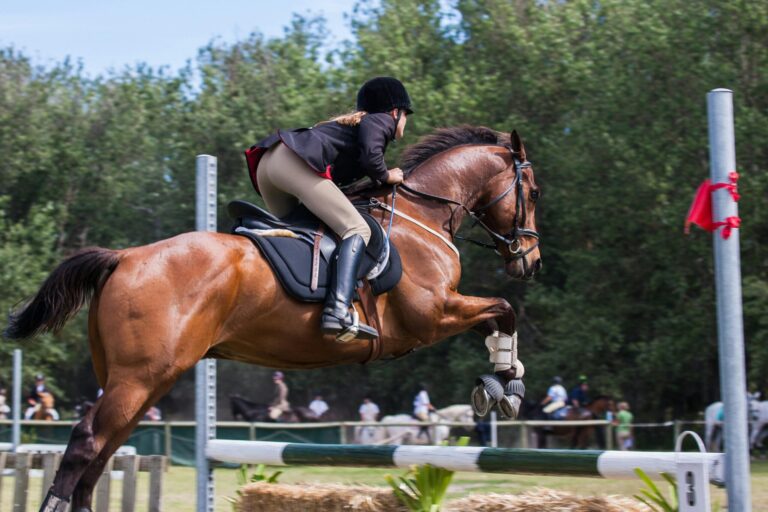The client of Schelstraete sold a pony in 2019. Prior to this sale, the pony was stabled with a rider to train and compete the pony to benefit the sale. The pony was also examined by a veterinarian prior to the sale, at which occasion blood was drawn and stored. After the veterinarian gave his positive purchase advice, the agreed amount was paid and the pony was picked up by the buyer.
When at the buyers yard, the pony turned out to be difficult to ride. However, positive messages were posted on Facebook, giving the appearance the pony was doing well for its new owner and winning prizes at competitions. WhatsApp communication also painted this positive image. The pony did have a hematoma, which was successfully treated, after which again the pony would be difficult to ride. This was reason for the buyer to have the blood drawn at the pre-purchase examination evaluated. Traces of Lidocain were found in the blood according to the laboratory the buyer had contacted. The client then had the same blood sample evaluated by another laboratory, where no traces of Lidocain were found. Buyer asked for annulment of the purchase contract and requested the client to pick up the pony and refund the purchase price. When this request was not honoured, the buyer went to court.
The judge followed Schelstraete’s plea. Firstly, the argument that the client was the owner of the pony and not his daughter, was successful. Schelstraete’s argument that the client was unaware of the prescence of any Lidocain in the pony’s blood was also heard. There was no reason to administer Lidocain as there was nothing wrong with the pony, as the competition results show, it was functioning great. Therefore there can be no case of deception, the judge stated. The same goes for negligence. It was not proven the client was aware of any Lidocain, nor that the pony had any defaults at the time of the sale. Non-conformity was also ruled out, as the buyer was not able to prove that the pony had any of the claimed defaults at the time of sale (resistance to the rider, failure to use its back properly, the hematoma, wear on the teeth, physical complaints that would have caused the riding issues). If any issues or defaults were present, the buyer had made no efforts to prove that these problems could not have been treated or solved. Finally, the judge ruled that the appeal to unlawful acts was completely unsupported, and could therefore not stand. The buyer’s demands were rejected.
Schelstraete’s client was represented by mr. Joëlle Bongers in this case.


